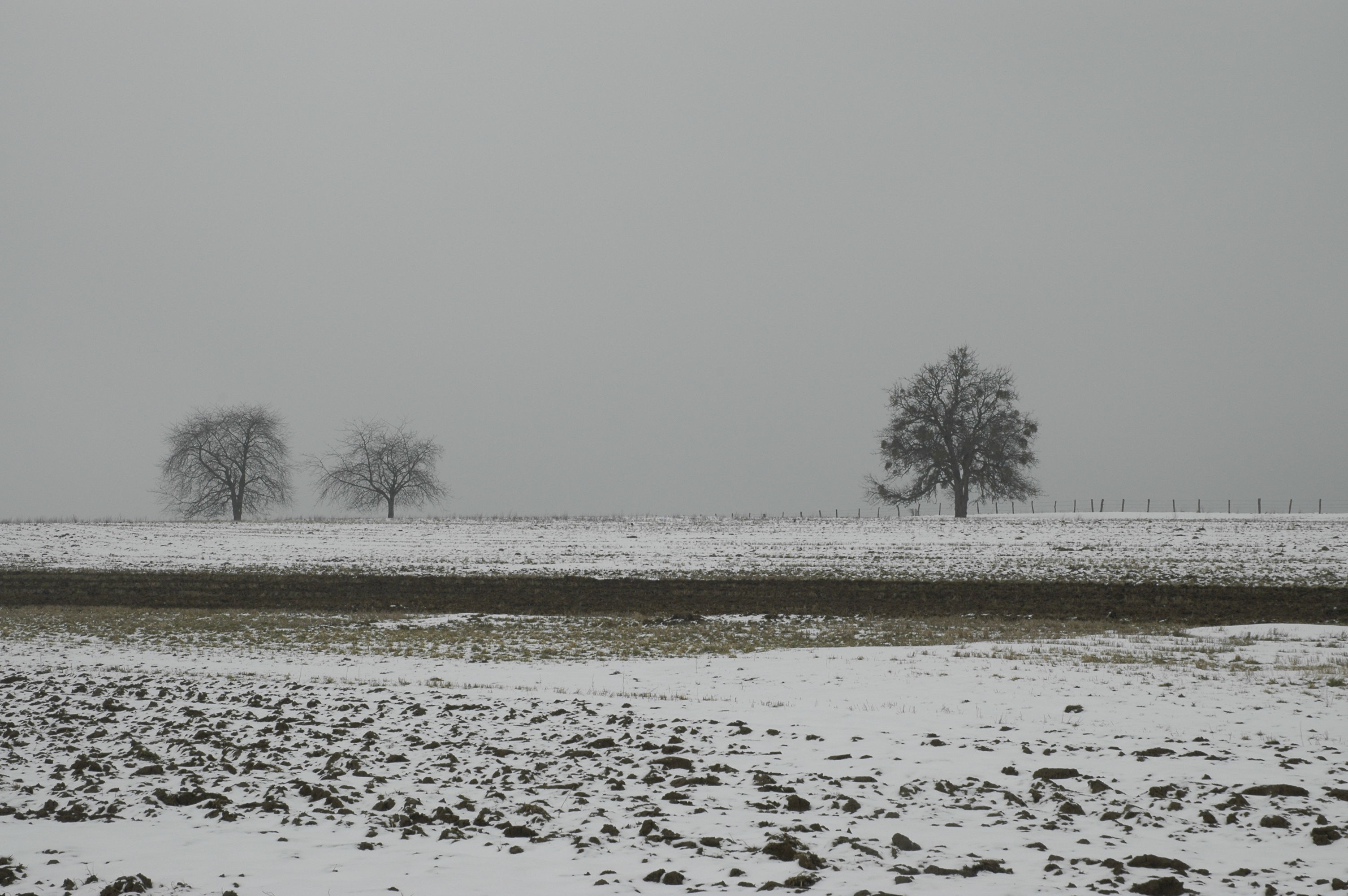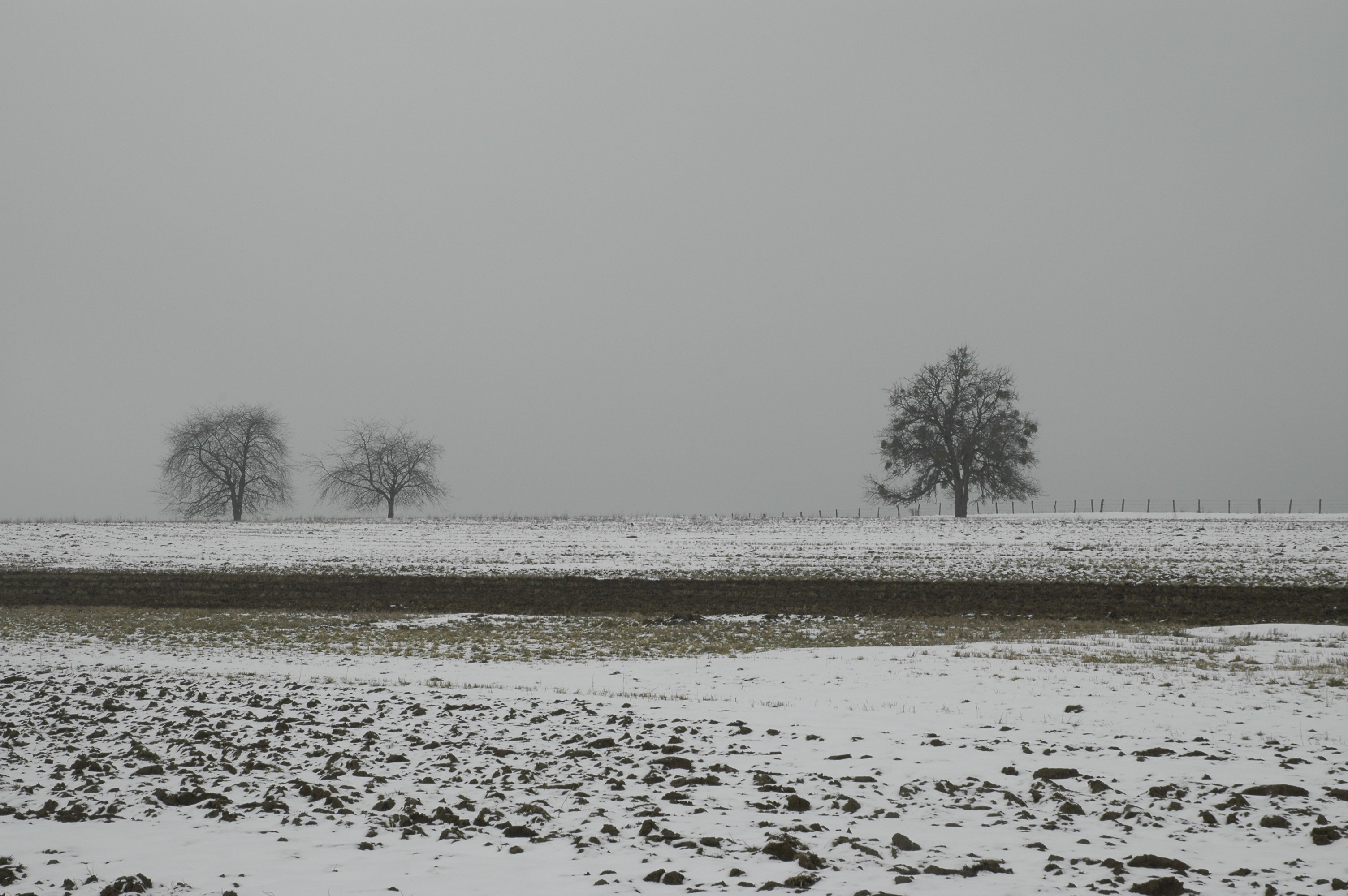The World War II generation of my parishioners seemed the most enthusiastic about their new American pastor. Sadly, the youth were most familiar with recent American military adventures, especially the war in Iraq. Their view of America and Americans was much more skeptical, even hostile. But the elders remembered when America had rescued them. “If it weren’t for the Americans, we’d all be Germans,” was one’s opinion. Born in 1944, the last year of the occupation of France, he grew up in the villages of the parish, and knew the privations of post-war Europe.
There were many of the World War II generation who were still involved in parish life. Louis Guerity, the cabinetmaker at Luze, ill, stooped and in the last months of his life, was one of them. He was a deeply intelligent man, very well read. To visit his home was to enter a world of antique tools, rusted equipment, books and dishes and old newspapers. He pulled out his Bible once to ask me about a verse, and it was underlined and highlighted, the pages stained and dog-eared. It was the most well used, well-thumbed Bible I think I’ve ever seen. The dark dining room was full of old newspapers, boxes and imposing furniture. Louis had made and carved the furniture with his own hands, and it was exquisite. The dining table and sideboard were fashioned in dark wood, with flowers carved in relief. Louis himself was dying of cancer and, almost bent double by an arthritic spine. His eyes were bright, though, and his wit and intelligence shone out above his pain.
Louis told me of his days as a young man in the village of Luze.  Snowy fields near the village of Luze
Snowy fields near the village of Luze
Apprenticed to a cabinetmaker, he had excelled at his work. Although he had been of the age to be taken by the Germans, he had escaped deportation to the work camps, while others from Luze had been taken. Louis remembered what he called “meetings” that he attended with other young men during the war. He’d smile and say a few of them would get together for a meeting and, what a coincidence, the electrical lines to Couthenans would be destroyed. To hear him speak of those meetings began to open my eyes to how deeply involved my parishioners had been in defying the Germans while they waited for liberation.
 The fields around Luze on a s
The fields around Luze on a s